All 8,000 of Maryland's Prince George’s County Public Schools' high school diplomas contained a spelling error which was not caught until graduating students called attention to it. The diplomas spelled the word "program" as "progam".
Surely, with 8,000 diplomas being distributed, some teacher, principal, or even school janitor should have noticed the mistake. However, none did, and at least one principal was still unaware of the error until asked about it by reporters.
While the typo probably originated in the school district's office, and the school district had to have signed off on the diplomas before they were printed, the printing company is taking the blame and is reissuing the diplomas at a cost of over $20,000.
This was an expensive mistake.
Details can be found
here.
Here is a photo of the cover of the 2012 commencement pamphlet for the Lyndon B. Johnson School of Public Affairs at the University of Texas. Can you spot the mistake?
This is a classic example of
Muphry's Law at work. Muphry's Law stipulates, among other things, that,
If a mistake is as plain as the nose on your face, everyone can see it but you. Your readers will always notice errors in a title, in headings, in the first paragraph of anything, and in the top lines of a new page. These are the very places where authors, editors and proofreaders are most likely to make mistakes.If Muphry's Law holds true, there is probably a typo in this post as well, but I have not found it yet.(Hat tip Huff Post)
According to
Gizmodo,On May 1, a Missouri man named Duane Lester published on his personal blog a post titled "Changes Implemented After MO Auditor Finds ‘Serious Shortcomings' In Holt County Sheriff's Department." 10 days later, the local newspaper for Oregon, Missouri, covered the same story Duane had written about on his blog. In fact, the Oregon Times Observer was so inspired by his post, they used Duane's same headline and his copy! Without permission or attribution. All they did was tack on an extra paragraph at the end. Incredible!But Duane didn't take this lying down. He went down to the Observer's headquarters and confronted Robert "Bob" Ripley, Publisher and Managing Editor of the Oregon Times Observer, arguably the man responsible for the plagiarism, bringing with him a letter asserting copyright. After a incredibly roundabout and generally difficult conversation, they ultimately cut Bob a check for $500.Here is the video of the encounter:"Oh, for pity's sakes ... in a little hometown paper!"
Yep, even little hometown papers must obey the copyright law.
"In my day ..."
In your day, violating the copyright was also wrong.
"You're going to make a fast five hundred bucks."
No, it took a lot of time to write the article they stole.
Why would they even think they could reprint an article in full without attribution and without permission? This is not fair use--it is simple theft.
These are all real books which have titles and covers of either questionable taste or sanity.
Mostly, they are just hilarious.
I don't even want to know what some of these book designers or authors were thinking.
For more inanity, check out 30 Worst Book Covers and Titles at Bored Panda.
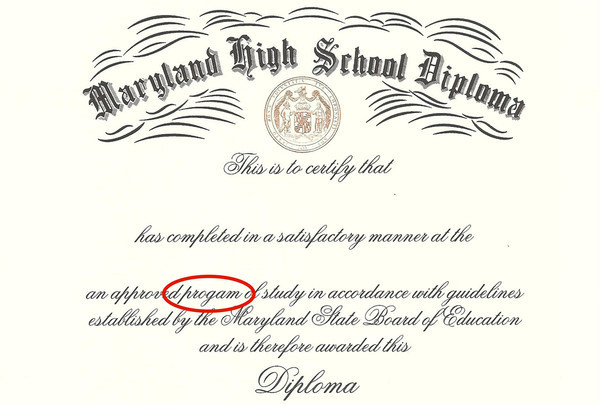
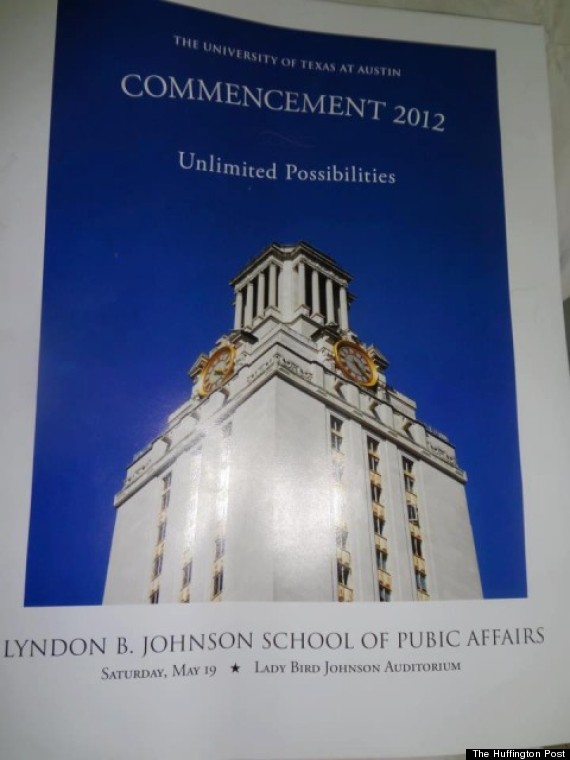
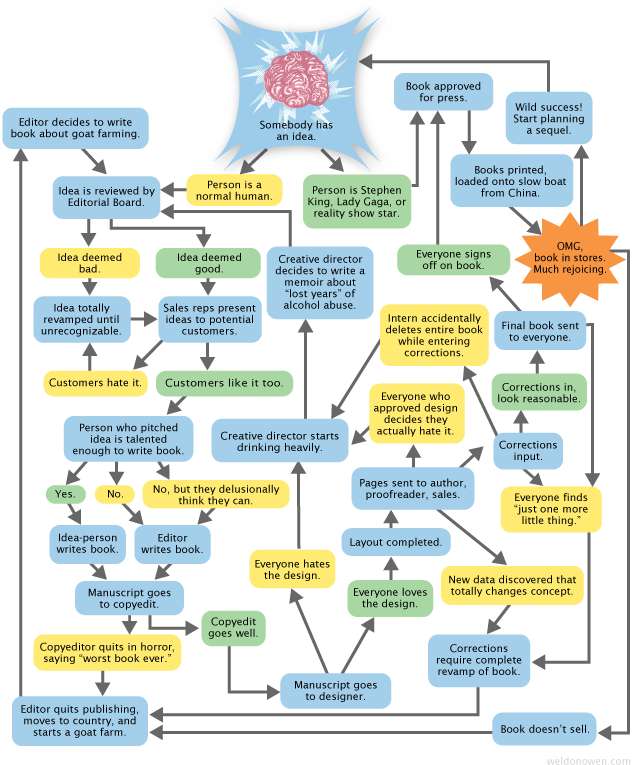
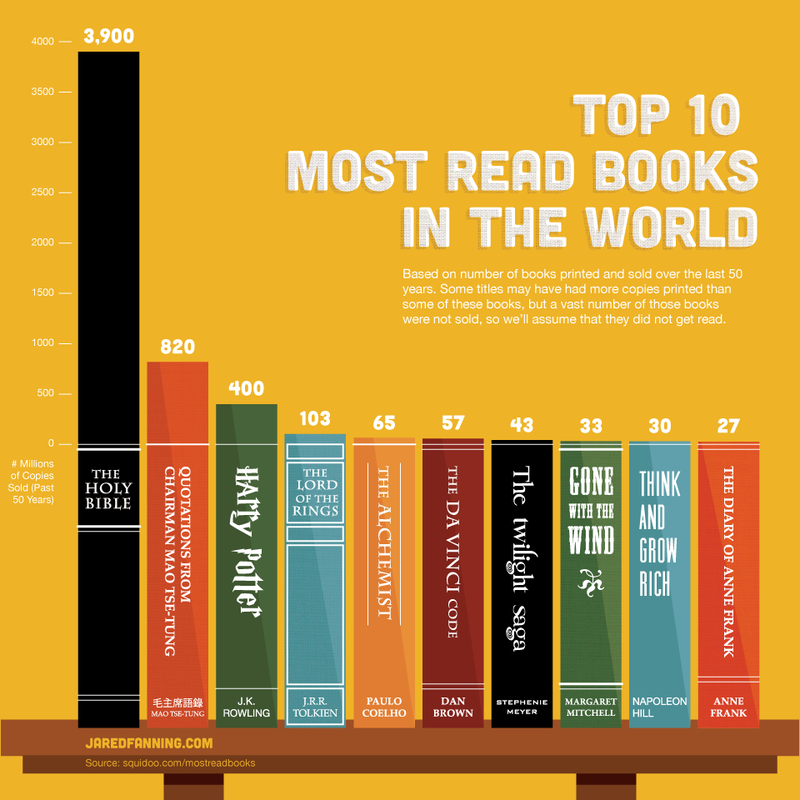

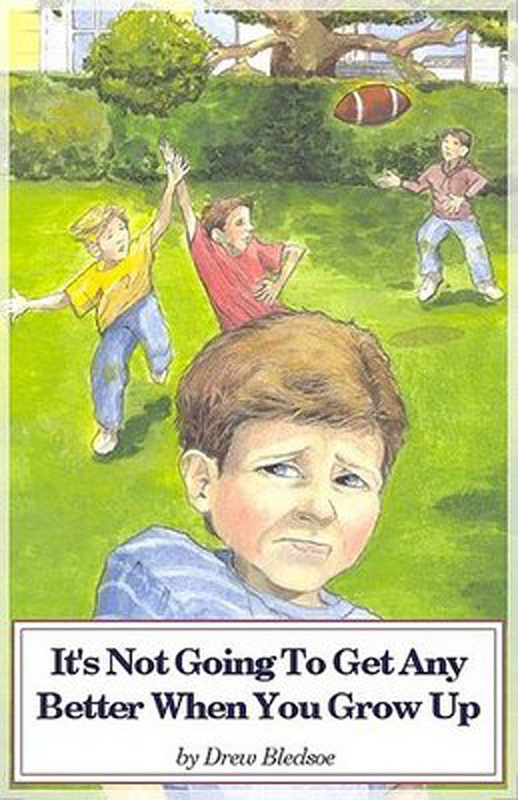
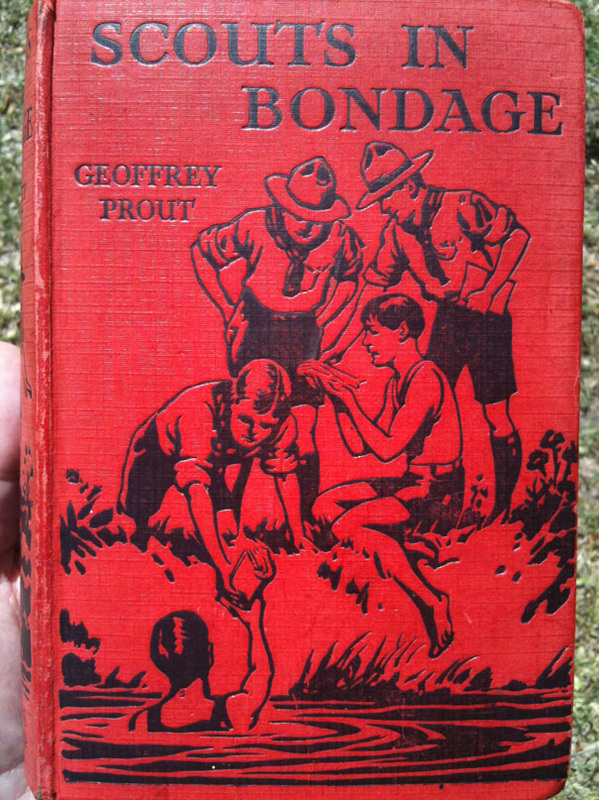

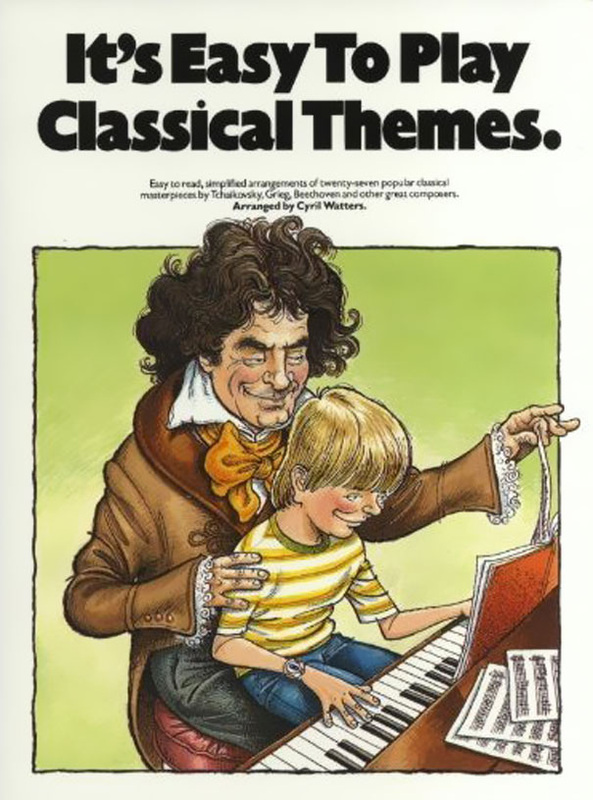

 RSS Feed
RSS Feed